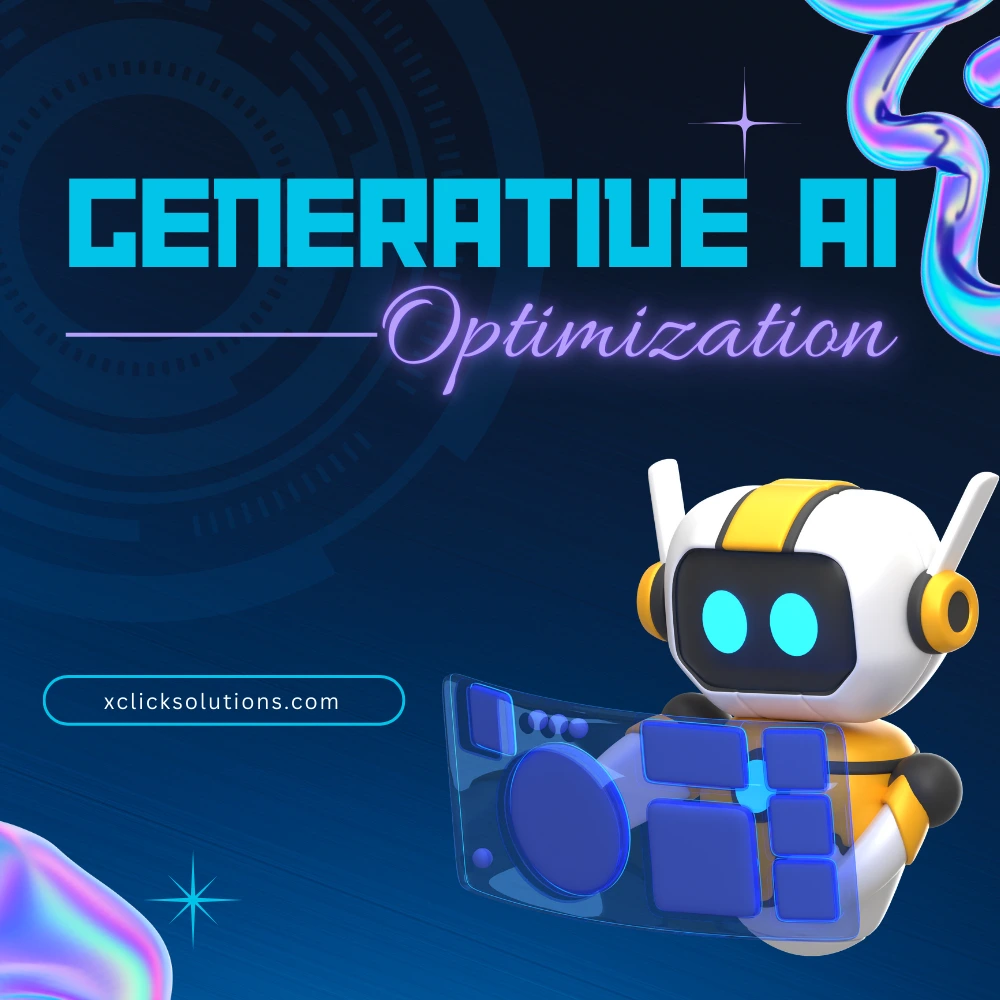
Rise of Generative Engine Optimization (GEO): How Generative AI Is Reshaping Search and Marketing
Rise of Generative Engine Optimization (GEO): How Generative AI is Reshaping Search and Marketing The digital marketing industry is experiencing
Running a small business is no easy task. Between managing operations, serving customers, and staying profitable, many business owners find themselves asking: How do I attract more customers without burning a hole in my pocket?
That’s where digital marketing comes in.
In today’s world, almost every consumer spends a significant part of their day online — scrolling on social media, searching on Google, shopping on e-commerce sites, or watching videos on YouTube. If your business isn’t showing up where your customers are, you’re leaving money on the table.
This guide is designed especially for small business owners who want to understand what digital marketing is, why it matters, and how to get started step by step. Let’s dive in!
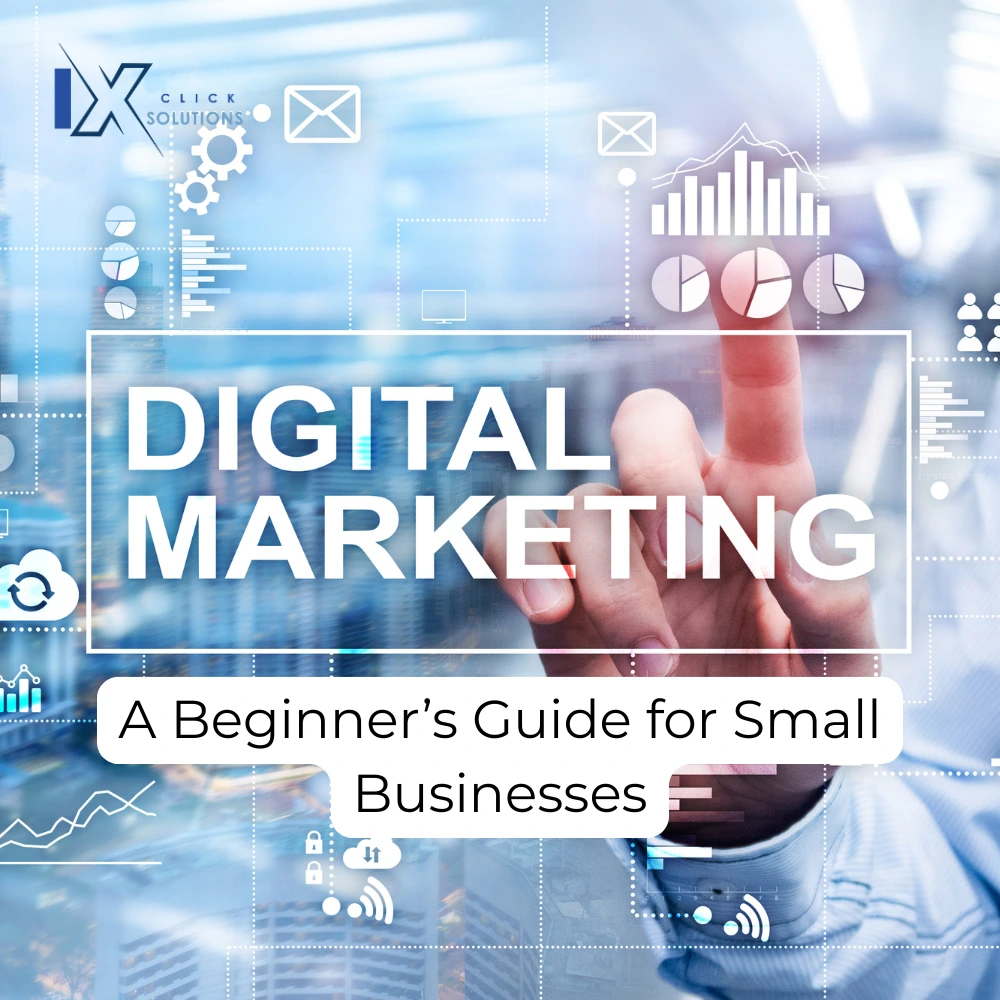
Digital marketing is the use of online platforms and digital tools to promote your products or services. Unlike traditional marketing (like print ads, billboards, or TV), digital marketing leverages channels such as:
Search engines (Google, Bing)
Social media platforms (Facebook, Instagram, LinkedIn, Twitter)
Email marketing
Websites & blogs
Online advertising (Google Ads, Meta Ads, YouTube ads)
Think of digital marketing as your business’s way of building visibility, engagement, and trust online – ultimately turning strangers into loyal customers.
You might think digital marketing is only for big brands with huge budgets. But here’s the truth: small businesses often benefit the most from digital marketing because it allows you to compete with larger players on a level playing field.
Here’s why it’s essential:
Cost-Effective – Running a social media ad or email campaign costs much less than traditional advertising.
Measurable Results – Unlike a newspaper ad, you can track every click, view, and conversion.
Targeted Reach – You don’t waste money reaching everyone; you only reach people likely to buy.
Builds Credibility – Customers today trust businesses with a strong digital presence.
Always On – Your website and ads work 24/7, even when your store is closed.
In short, digital marketing helps small businesses attract, engage, and retain customers affordably and effectively.
Let’s break down the major areas of digital marketing you should know about as a beginner:
SEO is the process of making your website appear higher in Google search results.
Example: If you run a bakery in Delhi, you want to show up when someone searches “best bakery near me”.
Benefits: Free traffic, long-term visibility, credibility.
PPC ads are paid ads that show up on search engines or social media.
Example: A salon paying to show ads for “hair spa near me” on Google.
Benefits: Instant visibility, targeted traffic, measurable ROI.
Social platforms like Instagram, Facebook, and LinkedIn allow small businesses to connect directly with customers.
Example: An FMCG brand posting reels or a café showcasing new dishes on Instagram stories.
Benefits: Builds community, drives engagement, improves brand awareness.
Creating valuable blogs, videos, or infographics that attract and educate your target audience.
Example: A small gym writing blogs on “10 Home Workouts to Stay Fit”.
Benefits: Builds authority, improves SEO, nurtures leads.
Sending targeted emails to prospects and customers.
Example: A boutique sending discount offers to loyal customers.
Benefits: Low cost, high ROI, builds long-term customer relationships.
Partnering with influencers or affiliates to promote your products.
Example: A food startup tying up with a local food blogger.
Benefits: Boosts credibility, expands reach quickly.
Now that you know the components, here’s a simple roadmap small businesses can follow:
Create a Strong Website
Make it mobile-friendly, fast, and user-friendly.
Add a blog section for SEO.
Showcase testimonials and case studies.
Optimize for Local SEO
List your business on Google My Business.
Add your location, opening hours, and photos.
Encourage customers to leave reviews.
Start Social Media Marketing
Pick 1–2 platforms where your customers are most active.
Post consistently with a mix of value-driven and promotional content.
Use reels, stories, and trending hashtags.
Run Paid Ads with a Small Budget
Start with ₹500–₹1000/day on Google or Meta ads.
Focus on lead generation or website visits.
Test, learn, and scale.
Leverage Content Marketing
Write blogs answering customer questions.
Create “How-to” guides or video explainers.
Share case studies.
Use Email Campaigns
Collect customer emails from your website or store.
Send weekly offers, tips, or updates.
Personalize your emails for higher engagement.
Let’s say you run a local clothing boutique in Mumbai.
With SEO, your site ranks for “designer kurtis in Mumbai.”
On Instagram, you showcase trending outfits via reels.
You run a ₹700/day ad campaign targeting women aged 20–35.
You send weekly email offers to past customers.
Within 3 months, your boutique could double footfall and online sales — all thanks to digital marketing.
Avoid these pitfalls:
❌ Ignoring SEO and relying only on ads.
❌ Posting inconsistently on social media.
❌ Not tracking ROI (spending blindly on ads).
❌ Copying big brands instead of building your unique story.
Google Analytics – To track website traffic.
Google Search Console – To improve SEO.
Canva – For easy graphics and creatives.
Mailchimp – For email campaigns.
Meta Ads Manager – For Facebook & Instagram ads.
The digital world is moving fast – with AI tools, chatbots, and voice search becoming mainstream. Small businesses that adapt early will enjoy massive advantages.
Imagine using AI-driven marketing tools that create content, run ads, and optimize campaigns automatically – that’s the future knocking on your door.
Digital marketing isn’t just a buzzword; it’s the backbone of modern business growth. For small businesses, it offers an affordable, measurable, and scalable way to reach customers and stay ahead of competitors.
Start small — build your online presence, focus on SEO, run targeted ads, and engage with your audience. Over time, the results will compound, helping you grow faster than you imagined.
At Xclick Solutions, we specialize in helping small businesses like yours transform clicks into customers with smart, data-driven digital marketing strategies.
👉 Ready to grow your business online? Contact us today for a free proposal.

Rise of Generative Engine Optimization (GEO): How Generative AI is Reshaping Search and Marketing The digital marketing industry is experiencing
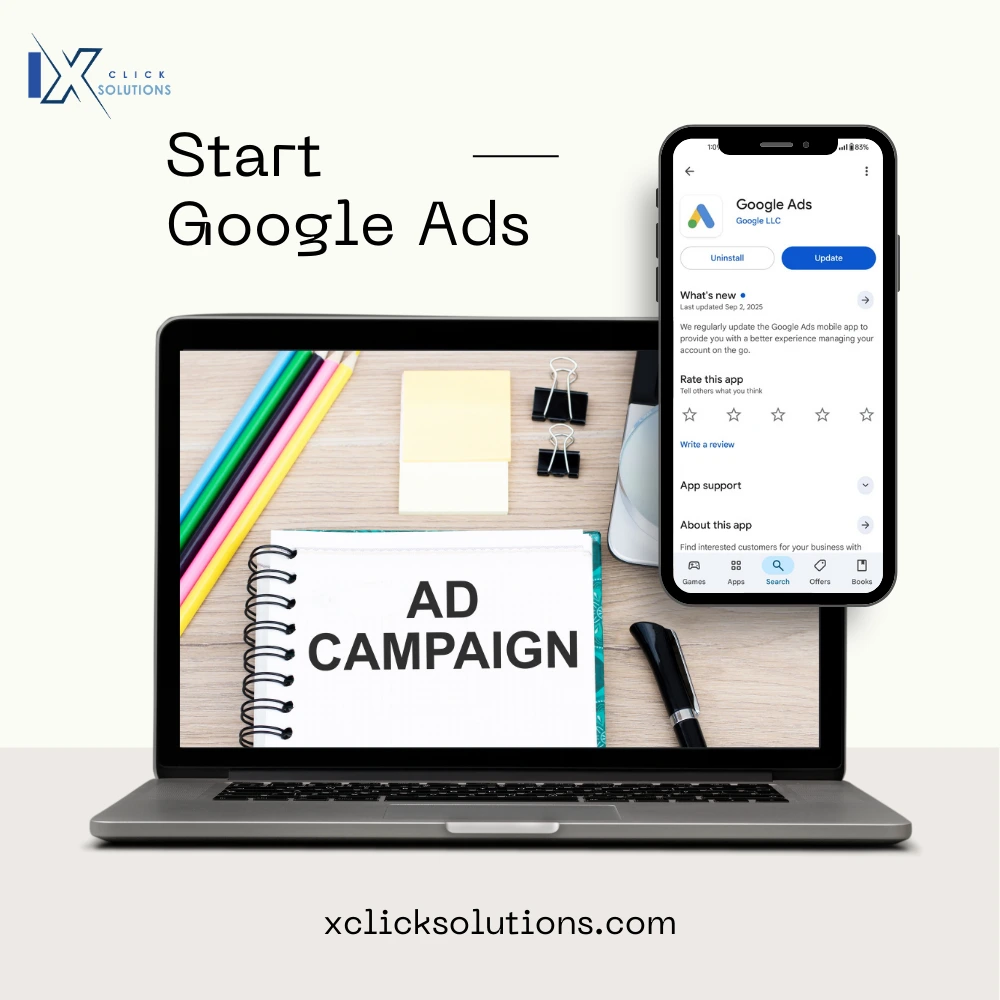
How to Start Google Ads for Your Small Business Without Wasting Money Running a small business in 2025 is no
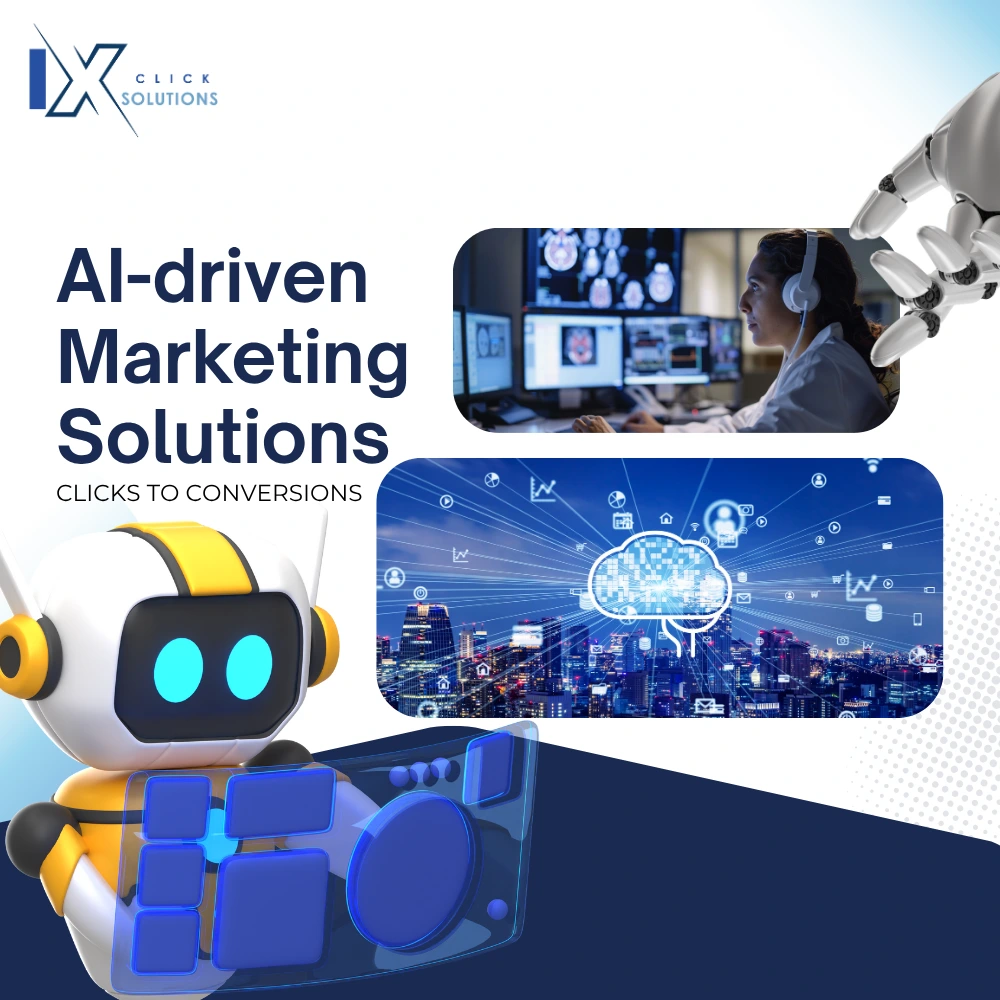
From Clicks to Conversations: How AI Is Redefining the Future of Digital Marketing in 2025 From Clicks to Conversations A
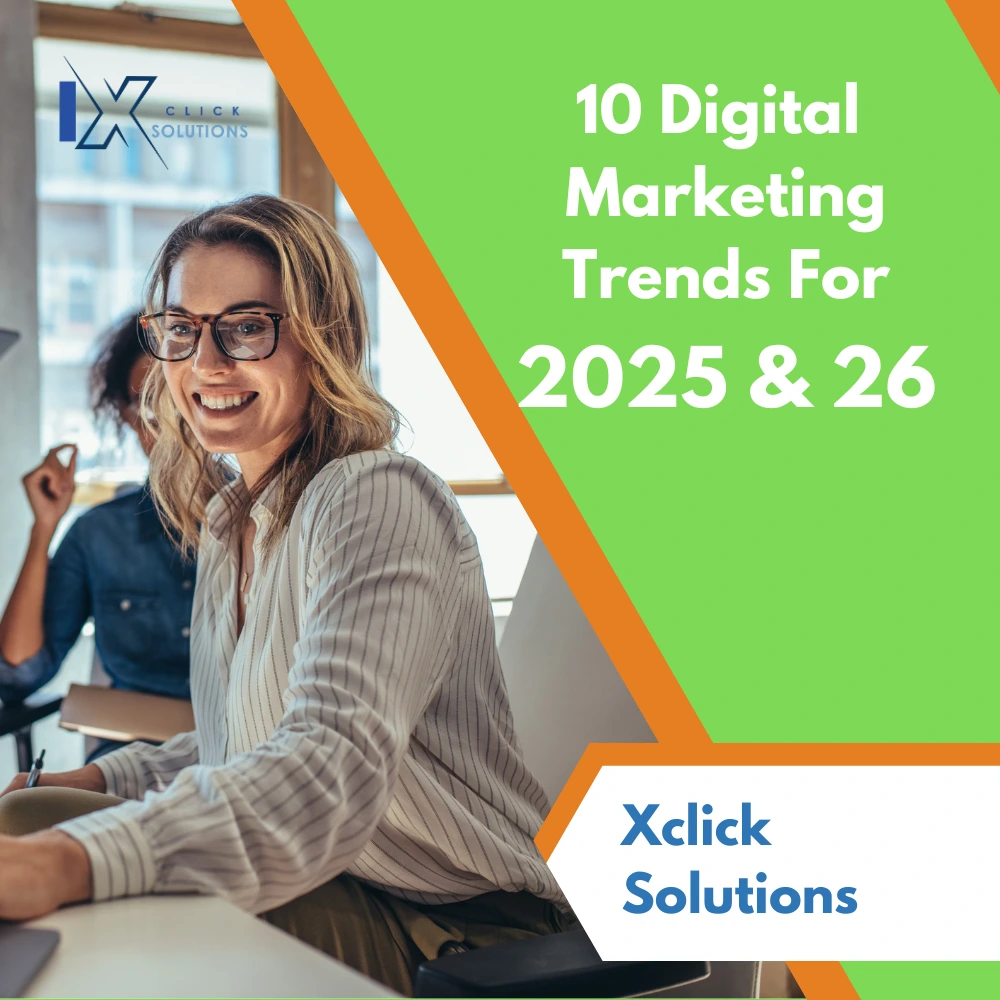
10 Digital Marketing Trends Redefining 2025 and Shaping 2026 As we step deeper into the AI-driven era, digital marketing is
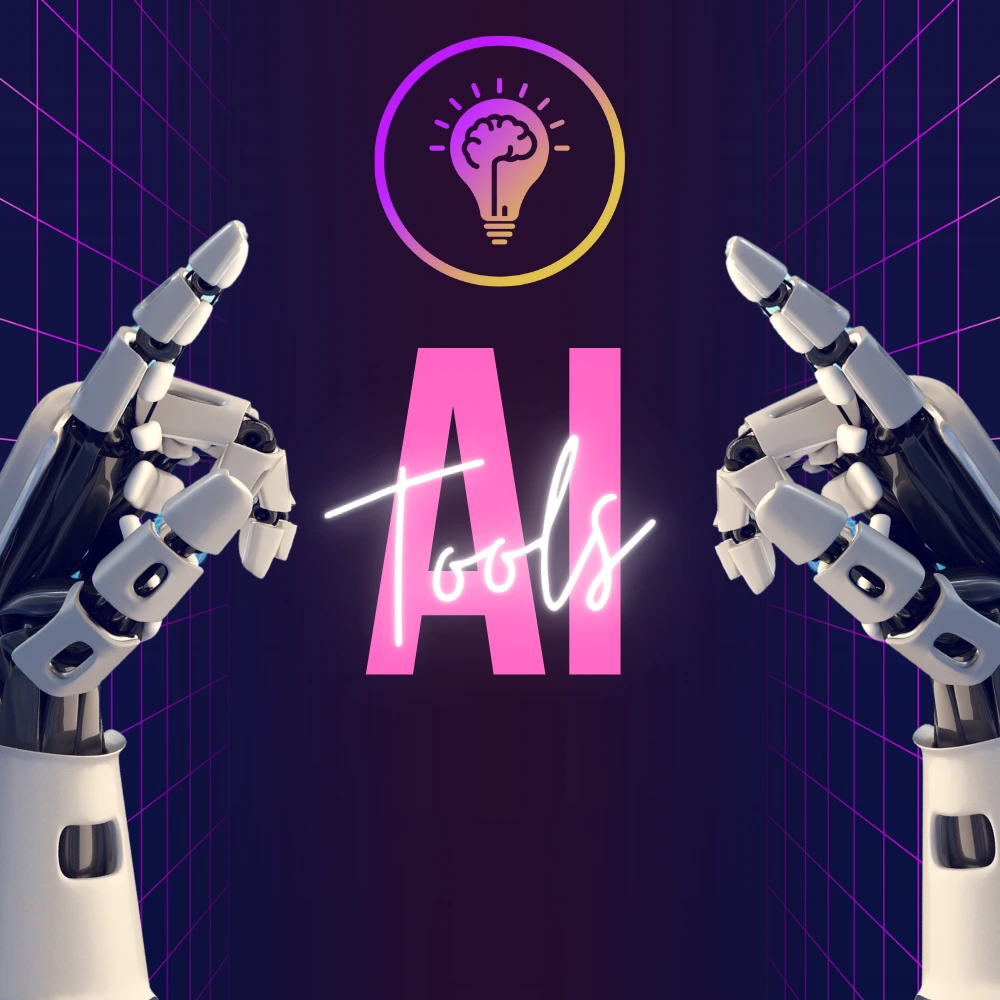
How to Use AI Tools to Supercharge Your Digital Marketing in 2025 The AI Wave in Digital Marketing The digital

What is Digital Marketing? A Beginner’s Guide for Small Businesses Running a small business is no easy task. Between managing
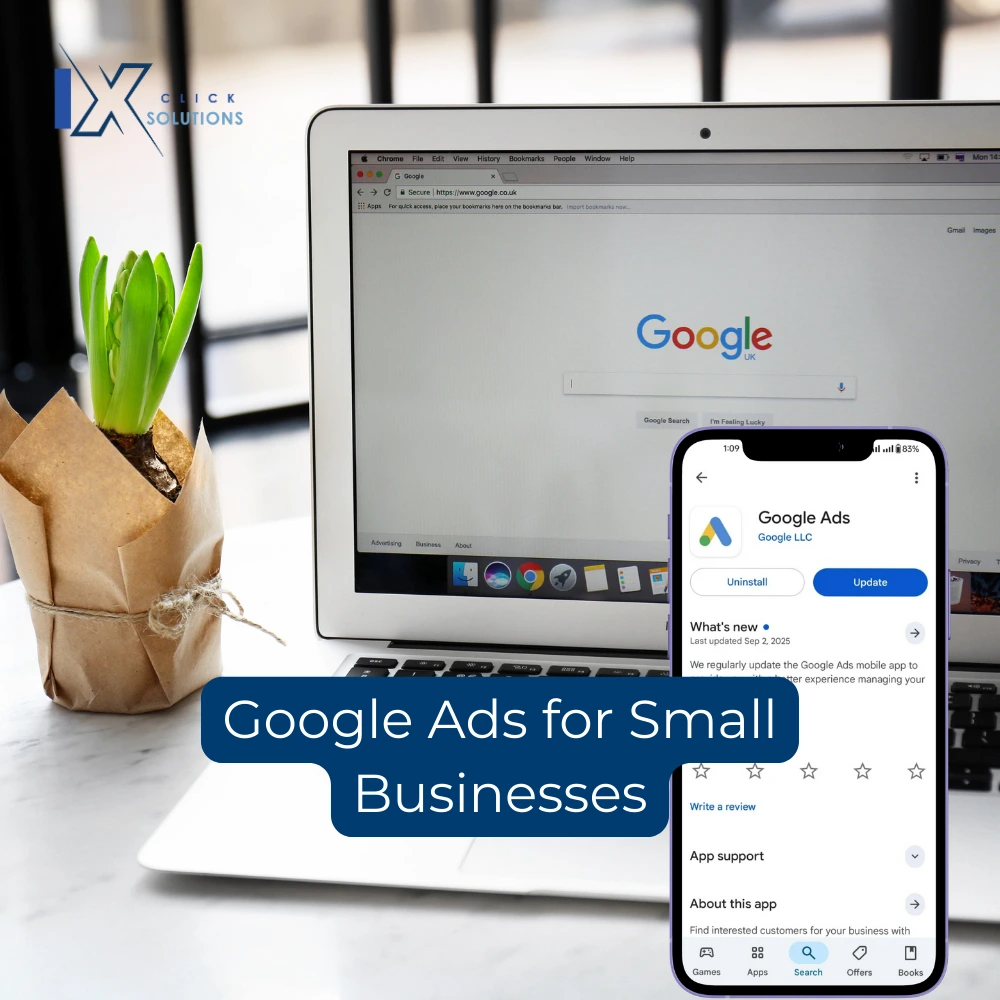
Google Ads for Small Businesses: A Complete Beginner’s Guide to Smarter Advertising Running a small business today means competing with